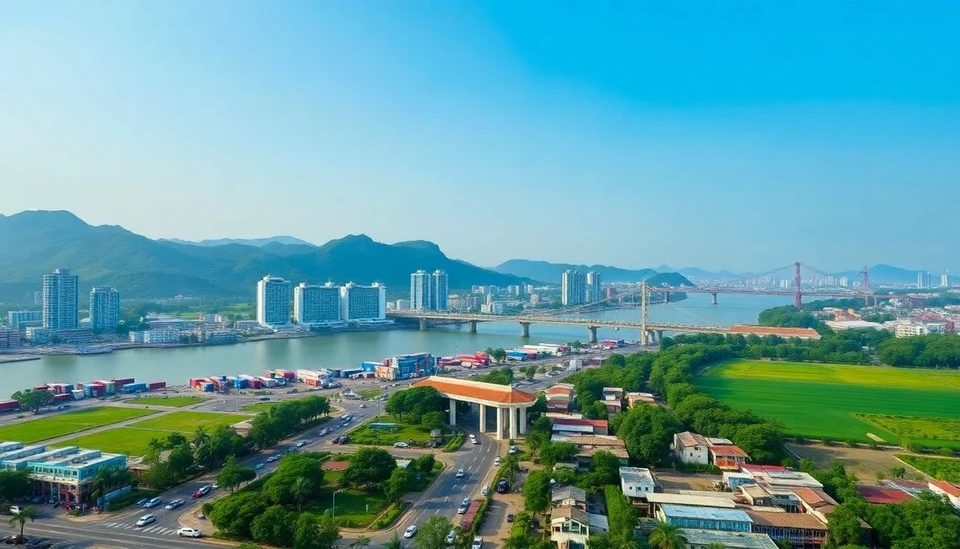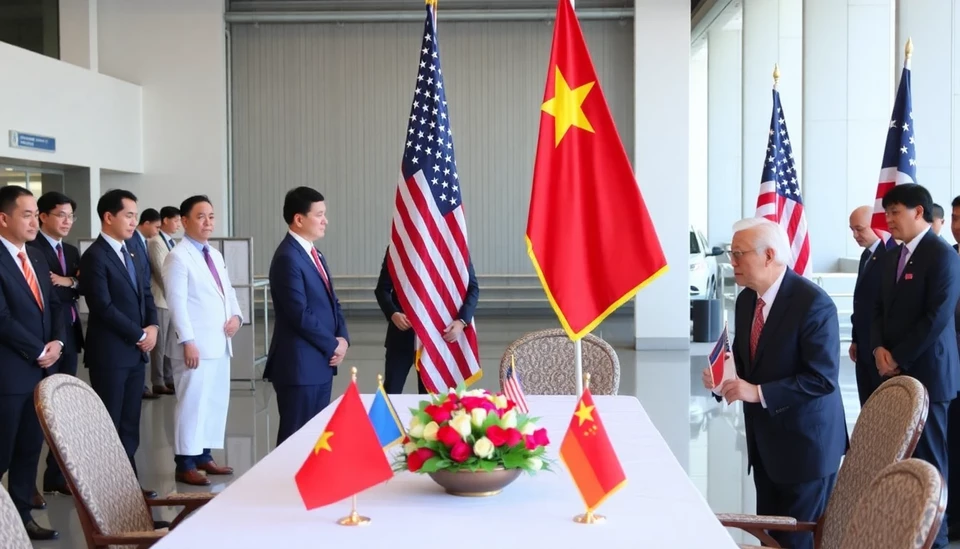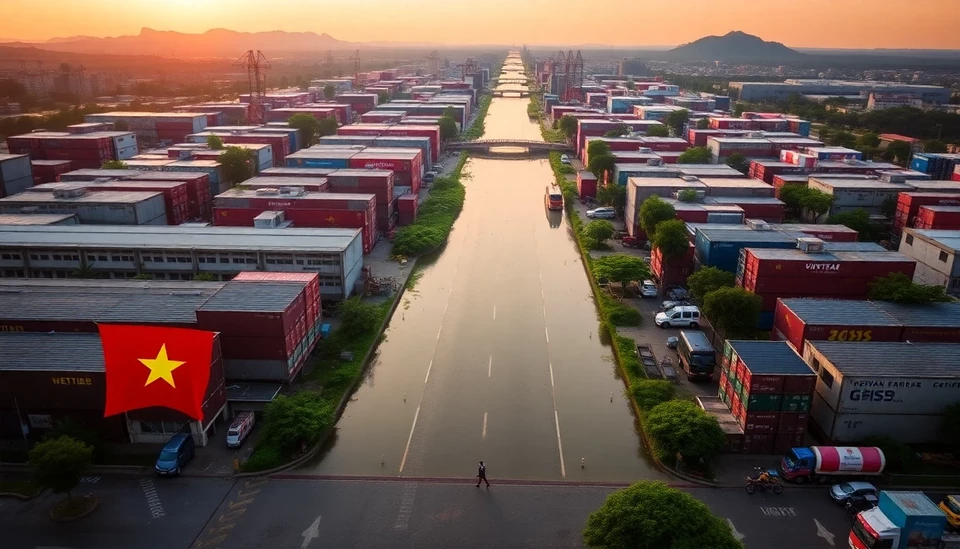
In the wake of ongoing global trade tensions, Vietnam has witnessed a significant surge as a preferred destination for manufacturing and shipping. As companies reassess their supply chains to mitigate risks stemming from tariffs and geopolitical skirmishes, Vietnam's strategic location and favorable trade agreements are increasingly appealing to international businesses. This shift comes at a time when shipping rates are experiencing fluctuations due to various external factors.
With a robust manufacturing sector, Vietnam has positioned itself as a vital player in the global supply chain. Many companies, especially those previously reliant on China, are seeking alternatives due to the trade war between the United States and China. Analysts predict that this trend will accelerate as businesses prioritize diversification away from territories that are prone to political tussles.
The increase in demand for shipping services linked to Vietnam’s exports has led to notable hikes in shipping rates. Import costs are rising as logistics companies scramble to meet the new requirements of shifting trade routes. Additionally, there are concerns about the sustainability of these increased shipping costs and how they will influence the overall marketplace. Industry experts anticipate that such dynamics will push businesses to adapt, leading to changes in pricing strategies and market accessibility.
On the backend, Vietnam's government has also been proactive in enhancing its infrastructure to support this influx. Investments in ports and logistics facilities are being accelerated to ensure that the country can handle the increasing volume of goods that need to be exported. The continued development of these facilities is crucial to maintain efficiency in shipping and to compete effectively with neighboring nations looking to attract similar business.
While Vietnam's ascent as a manufacturing hub is promising, challenges lie ahead. The nation must navigate labor shortages, rising wages, and the need for a more skilled workforce to sustain this growth. Addressing these potential hurdles will be essential for Vietnam to secure its place in the global market amidst fluctuating international trade dynamics.
In conclusion, as the world grapples with evolving trade practices and geopolitical challenges, Vietnam appears poised to become a vital player on the global stage, reshaping traditional supply chains and shipping dynamics. The changes in trade routes not only offer opportunities for Vietnam but also present a kaleidoscopic view of how companies worldwide are adapting to a new economic landscape.
#Vietnam #TradeWar #GlobalShipping #Manufacturing #SupplyChain #Logistics
Author: Laura Mitchell




